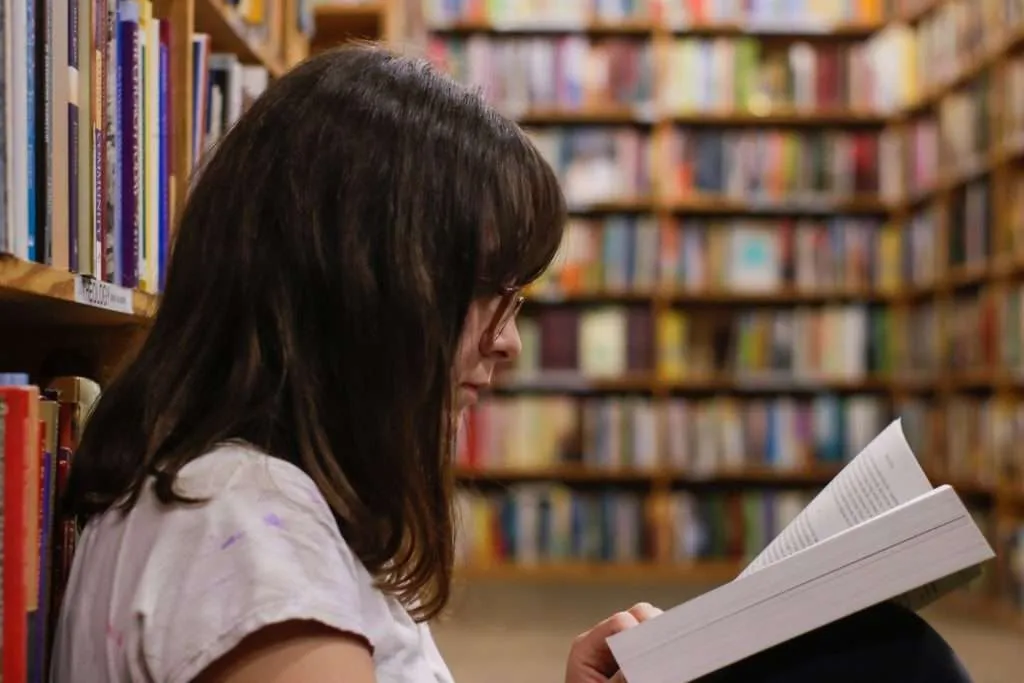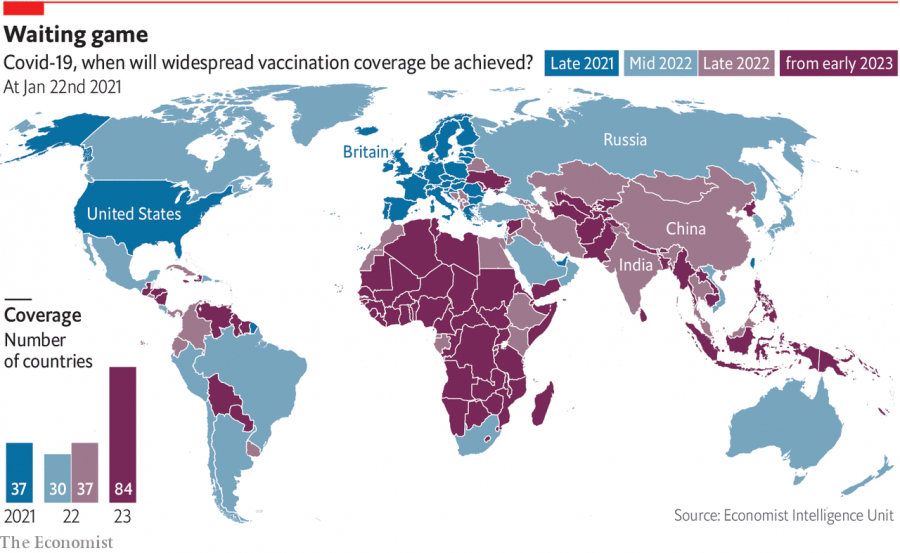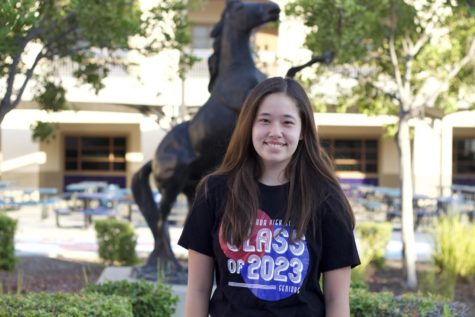The Inequity of Global Vaccine Distribution
COVID-19 vaccination distribution across the globe puts wealthy countries at an unfair advantage.
March 1, 2021
In the United States, COVID-19 vaccines are being distributed to many people. Still, it can seem that the distribution is slow due to shortages in the vaccine supply. While this can be discouraging to many who are still eagerly waiting to receive their vaccine, the United States is relatively privileged; many other countries struggle to even acquire their own vaccines.
Wealthy countries such as the United States have been receiving vaccine supplies in much greater numbers in comparison to less wealthy countries. According to Mexican Foreign Minister Marcelo Ebrard, over the last week, three-quarters of the world’s vaccine supply has gone to ten countries. This is a sharp comparison to the data presented by U.N. Secretary-General Antonio Guterres. According to Guterres, one hundred thirty countries have not received a single dose of the COVID-19 vaccine. These statistics have led many countries to complain to the United Nations over inequity in the global vaccine distribution process.
This problem has been brought up to the United Nations on multiple occasions. While several potential solutions have been suggested, the World Health Organization has a solution of its own that it is developing. According to KTLA 5, the World Health Organization’s COVAX program is a program that plans to purchase vaccines for poorer populations across the world. At the moment this program lacks the projected funding of five billion dollars required, but countries such as the United States plan to contribute to COVAX.
Some countries are also listening to the complaints of the global community regarding vaccine distribution. Emmanuel Macron, the president of France, has requested that European countries and the United States share around three to five percent of their vaccine supply with countries that lack resources. This would allow for many wealthy countries to continue to vaccinate their populations while also supporting developing countries. British Prime Minister, Boris Johnson, stated that Britain would distribute vaccines once all adults in the United Kingdom are vaccinated.
According to Madison Liao (10), “It is important for wealthy countries to help people in countries get vaccinated.” While it is understandable that countries would want to prioritize the health of their own citizens, privileged countries should use some of their wealth to help support the global community. The inequity in vaccine distribution may be a problem that is difficult to solve, but if countries work together, countries in need will be able to get the vaccines that they require.






































Kylie de Best • Mar 10, 2021 at 12:20 PM
I was not aware that many countries don’t even have the vaccine yet! It is definitely important to get the vaccine everywhere to effectively get us to herd immunity.
Tiana Salisbury • Mar 7, 2021 at 7:55 PM
I definitely agree that wealthier countries should help other countries receive the COVID-19 vaccine. If countries work together, things will hopefully go back to normal faster. Great article!
Nikole Galea • Mar 7, 2021 at 2:13 PM
Hopefully like you said the funding will increase and countries will learn to work together. This will most definitely help benefit everyone, but I am wondering if there are any negative affects of it that would need to be mentioned. Overall great article.